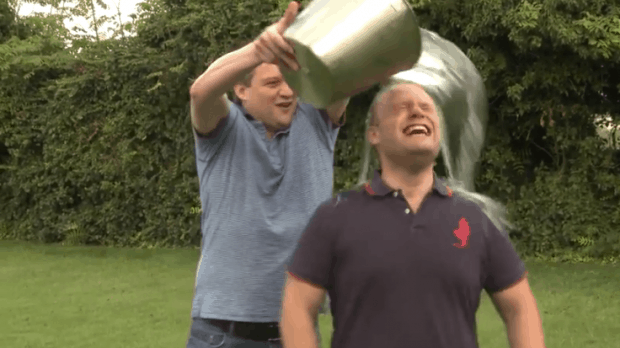
When Joseph Muscat gave evidence in Adrian Delia’s case against the government yesterday, he said that the notorious €100 million termination clause in the deal with Vitals Global Healthcare – later transferred to Steward Health Care – “was included as a way to guarantee a bank’s loan without violating EU state aid rules”.
In saying that, he has publicly confirmed that the intended effect of the clause was specifically to by-pass state aid rules.
State aid rules exist to ensure that the government does not use public funds (or the promise of public funds if shit were to hit the fan) to favour a commercial enterprise over another or to help that enterprise exist when in a normal economic reality deprived of the government’s intervention it would have to fold.
Here’s what Joseph Muscat said yesterday: “So, while avoiding the state aid trap, in case the contract was annulled in court, the government would take the medical school and make good for all of it”.
Here’s what Joseph Muscat implicitly admitted yesterday. The contract secured by Vitals with the government was the key to its very existence. But the prospect of that contract surviving a legal challenge was not comforting enough for a bank to provide the finance needed by the project. Without government intervention, the project would not acquire finance and would therefore not get off the ground. The state intervened by providing a termination clause that was not there in the first place because it makes no economic sense whatsoever.
That state intervention falls foul of state aid rules. State aid rules are not there to provide governments with an incentive to be creative about how they can illegally use public funds to keep a private enterprise into existence when it would not be able to do so without those funds. It is there to prevent them from doing it altogether.
“Imbażwru ‘l hawn u imbażwru ‘l hinn,” no longer legitimately belongs to the government’s operational manual.
Joseph Muscat’s implicit insistence that Edward Scicluna must be senile when the former finance minister claims he was not made aware Konrad Mizzi signed the €100 million clause is no defence. Quite frankly whether Edward Scicluna was aware of the clause before it was signed or not is a secondary matter. Joseph Muscat insists all cabinet ministers were fully aware of the decision to introduce this clause which only means that Konrad Mizzi is not alone in being responsible for it: Joseph Muscat’s entire government is.
Fine, that’s something for Joseph Muscat and his former ministers to fight about amongst themselves.
But while they bounce responsibility off each other, we are stuck with a problem here.
The first and most important penalty when a government breaches state aid rules is that they must reverse the commitments that they have made. In this case, payments have not been made and they, therefore, do not need reversing.
But the clause continues to give Steward Health a commercial comfort that no private enterprise has. All companies exist in the shadow of a risk that a contract for a business they have may be struck down by a court. Of course, enterprises that want to stay in the light of the law carefully enter contracts that in their right mind they would expect to be legally sound. They manage their risk by not entering contracts they (or their bank) has a high risk of being nullified by a court order.
That is not what Vitals (and Steward by inheritance) did. The clause is there and a state aid investigation might very well determine the clause is null. Nullifying the clause changes the level of security the bank has in providing finance. With the finance gone, the whole thing shuts down.
This is why state intervention in the economy is forbidden by law. Because more often than not enterprises make rational choices. The hospitals contract is irrational not least because it is legally risky and that irrationality has been mitigated by the government’s wrongful recourse to taxpayer funds.
Someone now might consider sending a copy of Joseph Muscat’s testimony to the European Commission. That will be interesting.